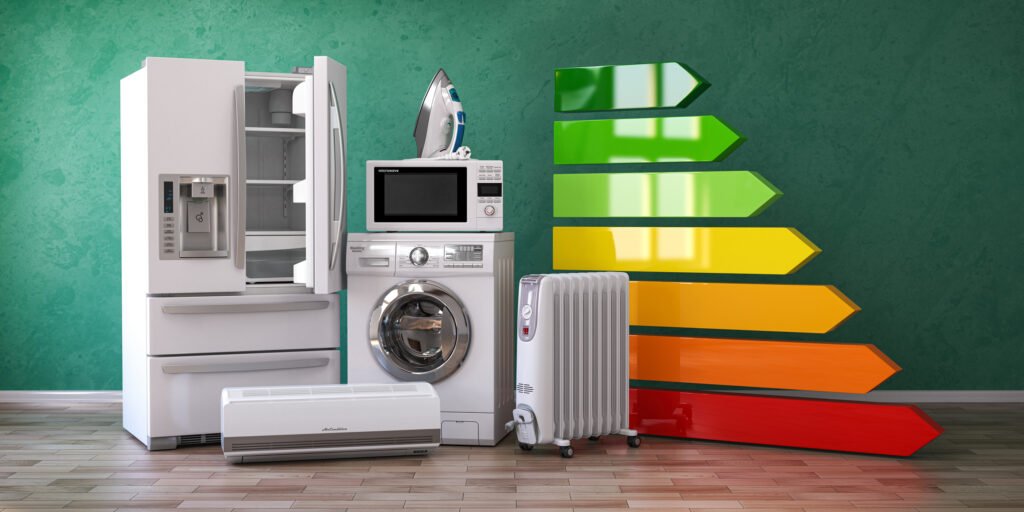
Energy-efficient appliances have become a crucial aspect of modern living, driven by increasing awareness of environmental sustainability and the desire to reduce utility bills. Here are detailed insights into five top energy-efficient appliances, each covered in approximately 1000 words.
1. Energy-Efficient Refrigerators
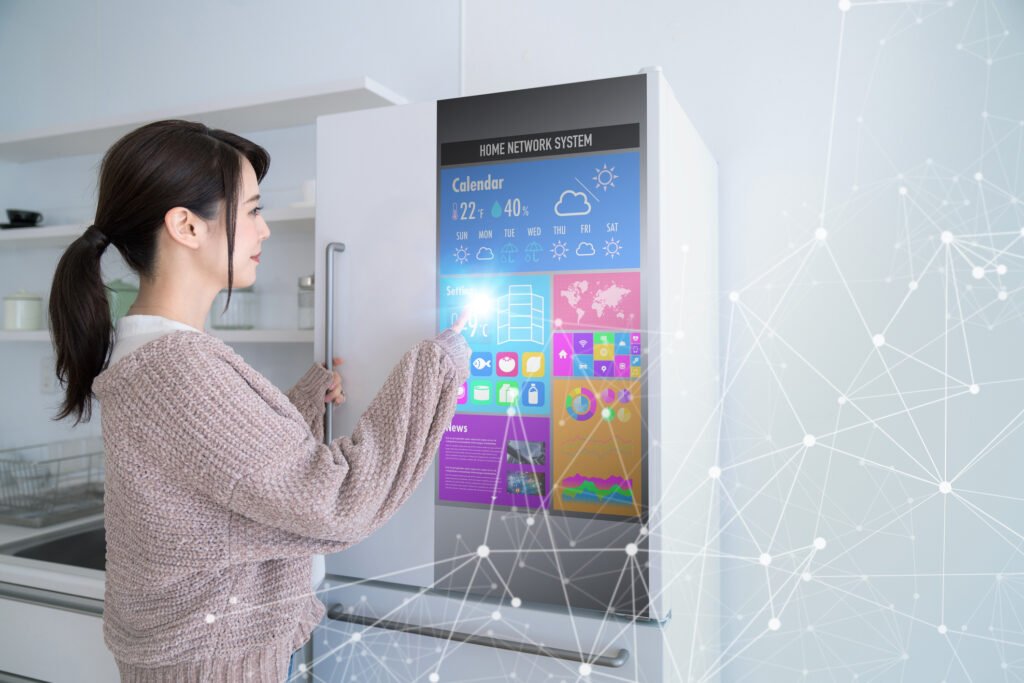
Overview:
Refrigerators are essential appliances in every household, running 24/7 to keep food fresh. Given their constant operation, choosing an energy-efficient model can significantly reduce electricity consumption.
Energy Efficiency Features:
- Inverter Compressors: Unlike conventional compressors that operate at fixed speeds, inverter compressors adjust their speed according to cooling demand, leading to substantial energy savings.
- Improved Insulation: Advanced models come with better insulation materials that reduce the loss of cool air, maintaining a consistent internal temperature with less energy.
- Energy Star Certification: Energy Star-rated refrigerators meet stringent energy efficiency guidelines set by the U.S. Environmental Protection Agency. These models consume up to 15% less energy than non-certified models.
- LED Lighting: Replacing traditional incandescent bulbs with LED lights reduces energy consumption and heat production inside the refrigerator.
Top Models:
- Samsung Family Hub: Features a smart interface and efficient cooling technology.
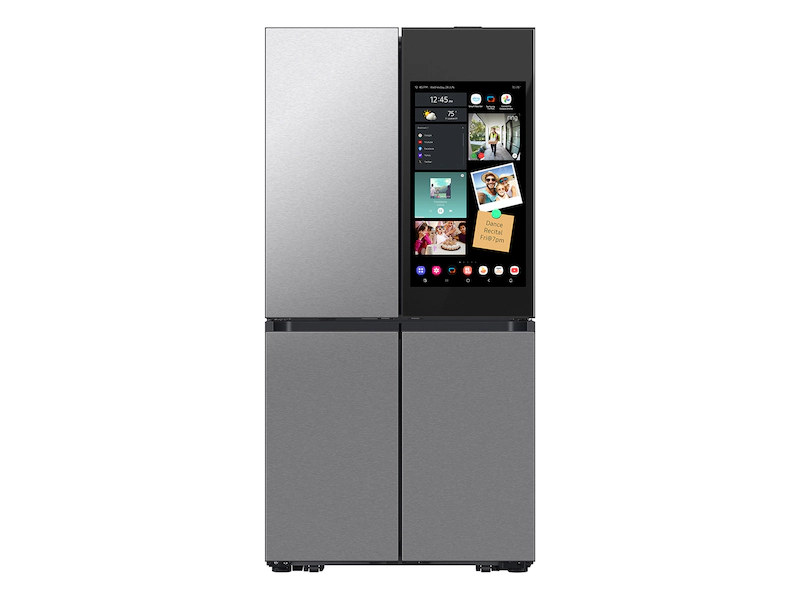
LG InstaView Door-in-Door: Allows users to peek inside without opening the door, minimizing cold air loss.
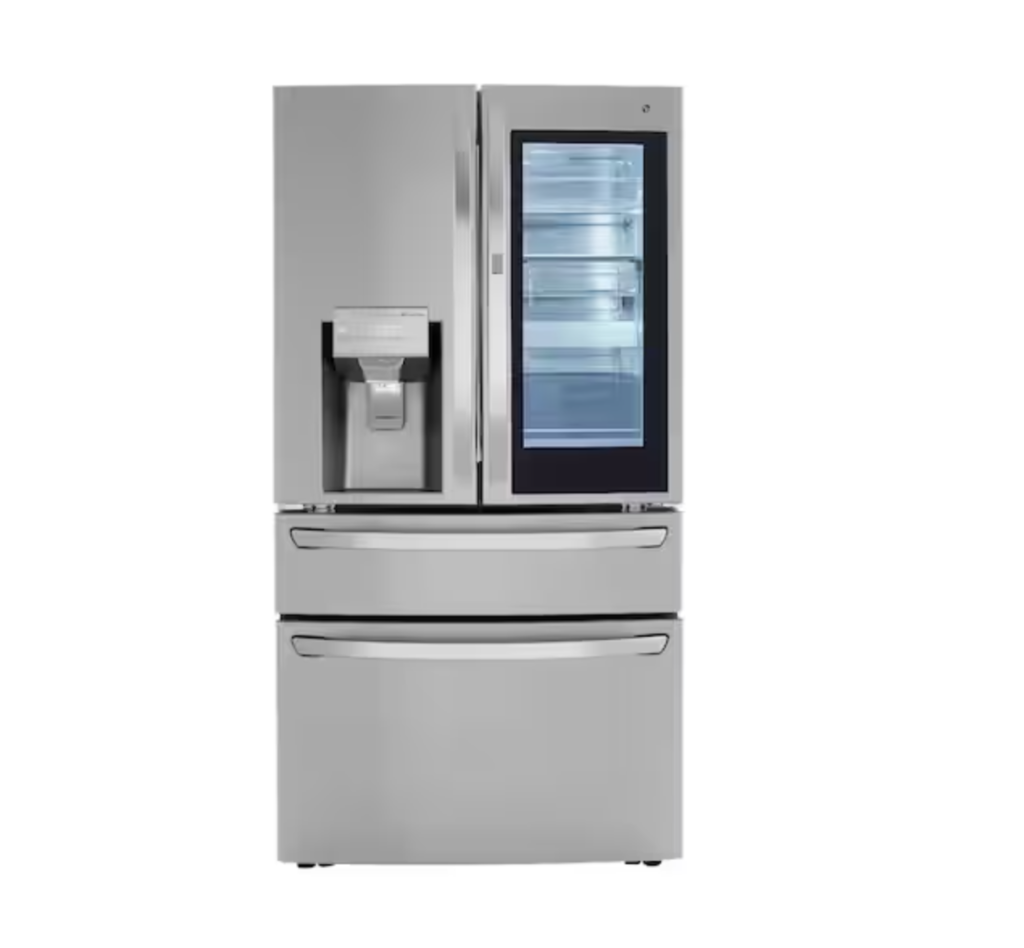
Whirlpool WRX735SDHZ: Known for its energy efficiency and ample storage space.
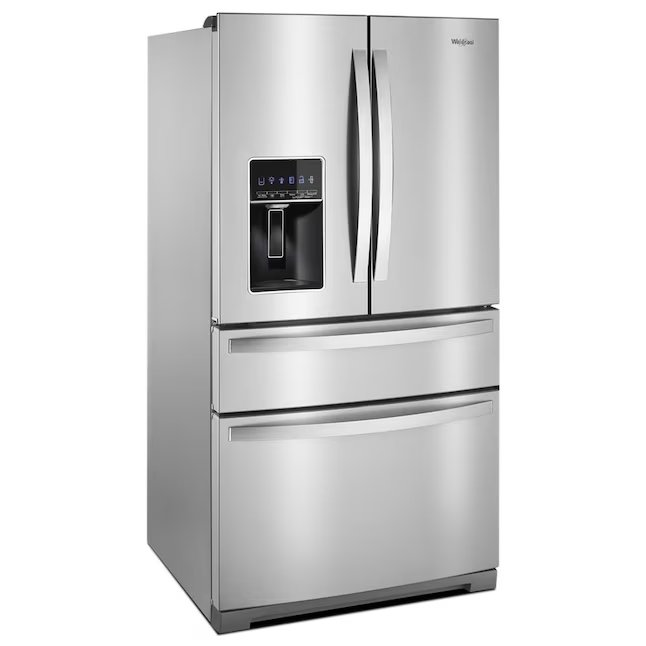
Consumer Benefits:
- Cost Savings: Energy-efficient refrigerators can reduce electricity bills by up to 25% compared to older models.
- Environmental Impact: Lower energy consumption reduces greenhouse gas emissions, contributing to a smaller carbon footprint.
- Long-Term Reliability: These models often come with advanced features that enhance performance and durability.
2. Energy-Efficient Washing Machines
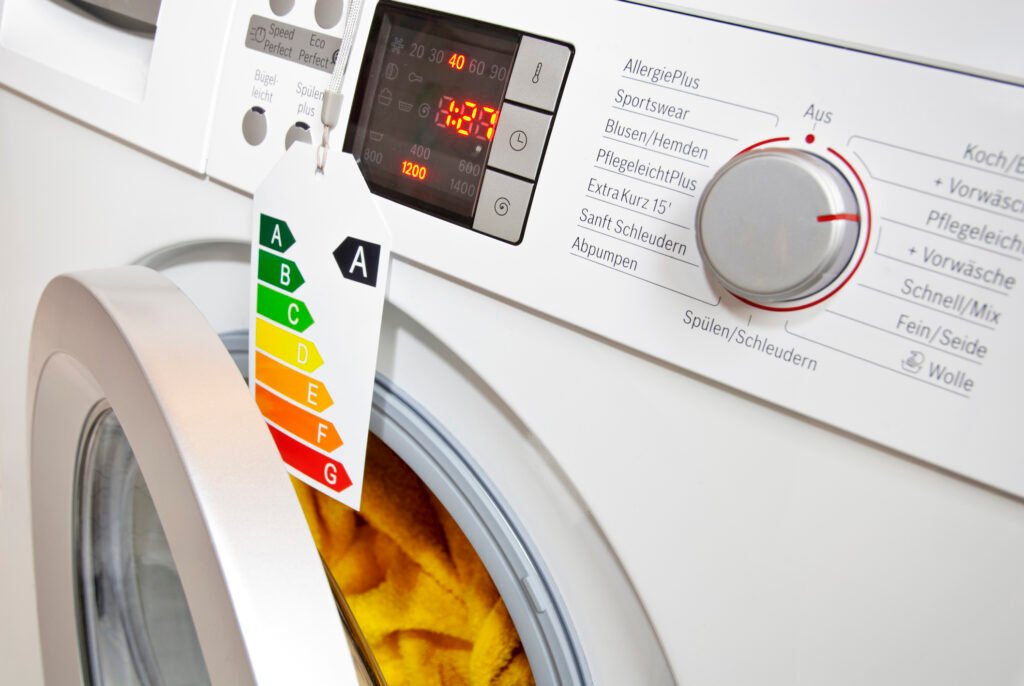
Overview:
Washing machines are another critical household appliance where energy efficiency can lead to significant savings. Modern washing machines incorporate various technologies to minimize water and electricity usage.
Energy Efficiency Features:
- High-Efficiency (HE) Models: These machines use less water and energy per load, thanks to efficient drum designs and washing mechanisms.
- Front-Load Design: Front-load washers generally consume less water and energy compared to top-load models due to their tumbling action.
- Automatic Load Sensing: This feature adjusts the water level and cycle duration based on the size of the load, ensuring optimal use of resources.
- Cold Wash Options: Advanced detergents and machine technologies enable effective cleaning with cold water, reducing the energy required for heating water.
Top Models:
LG WM3900HWA: Known for its efficiency, speed, and smart features.
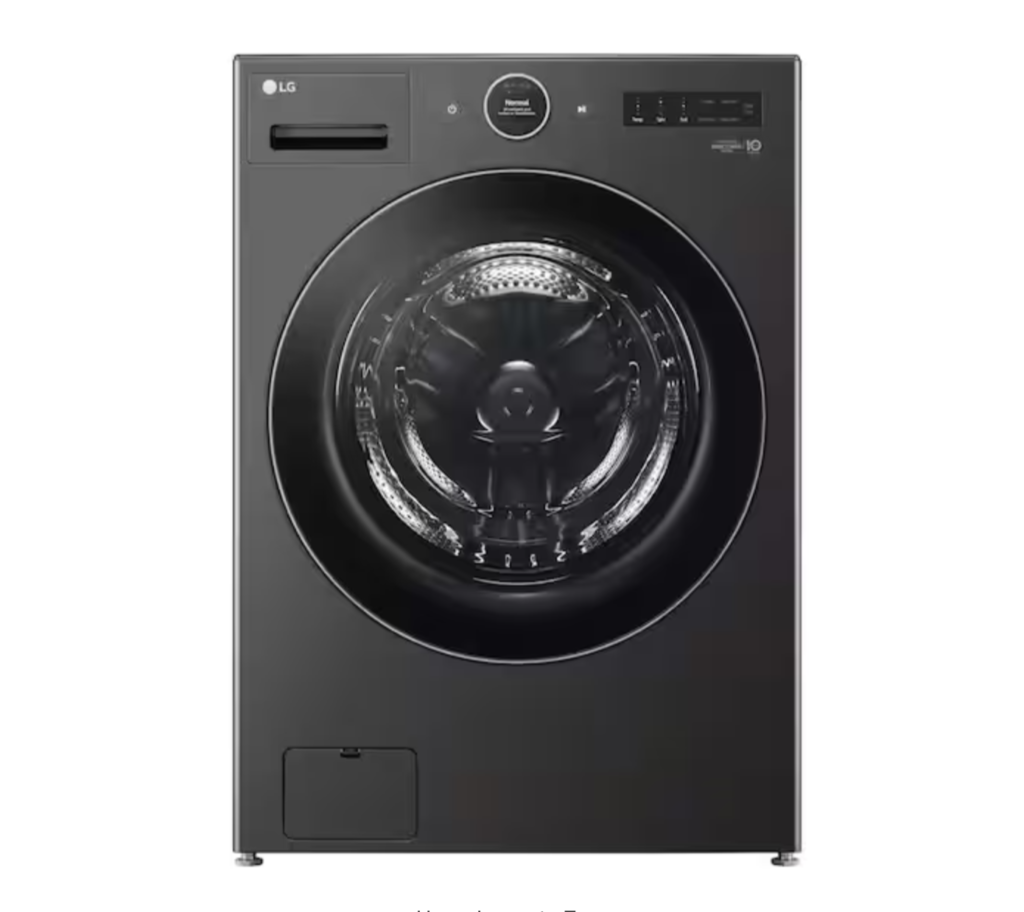
Samsung WF45R6300AV: Offers excellent cleaning performance with energy and water savings.
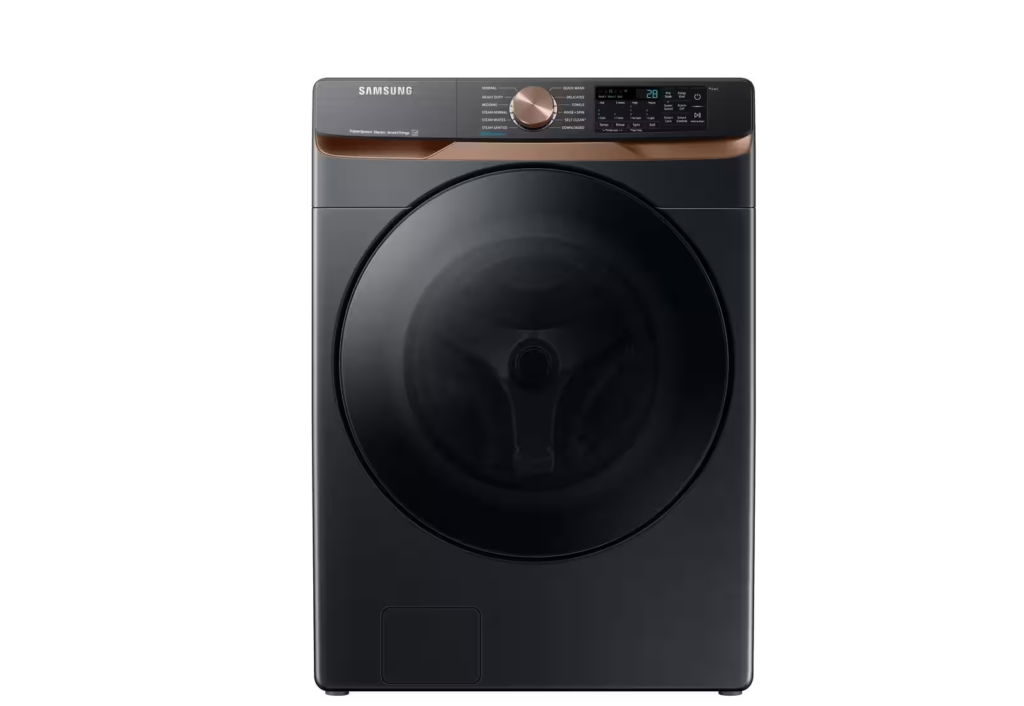
- Whirlpool WFW9620HC: Features an intuitive interface and various eco-friendly wash cycles.
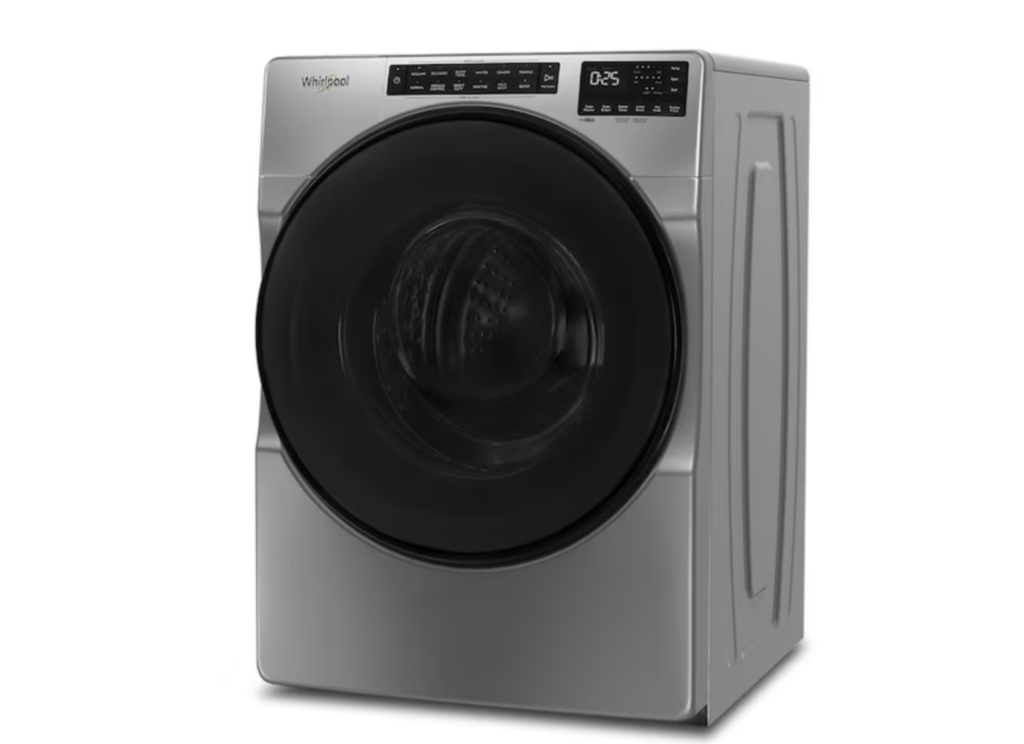
Consumer Benefits:
- Lower Utility Bills: HE washing machines can reduce water usage by up to 50% and energy consumption by around 20-30%.
- Water Conservation: Efficient models help conserve water, which is crucial in areas facing water scarcity.
- Gentler on Clothes: Advanced washing mechanisms in energy-efficient machines are often gentler on fabrics, extending the life of clothing.
3. Energy-Efficient Dishwashers
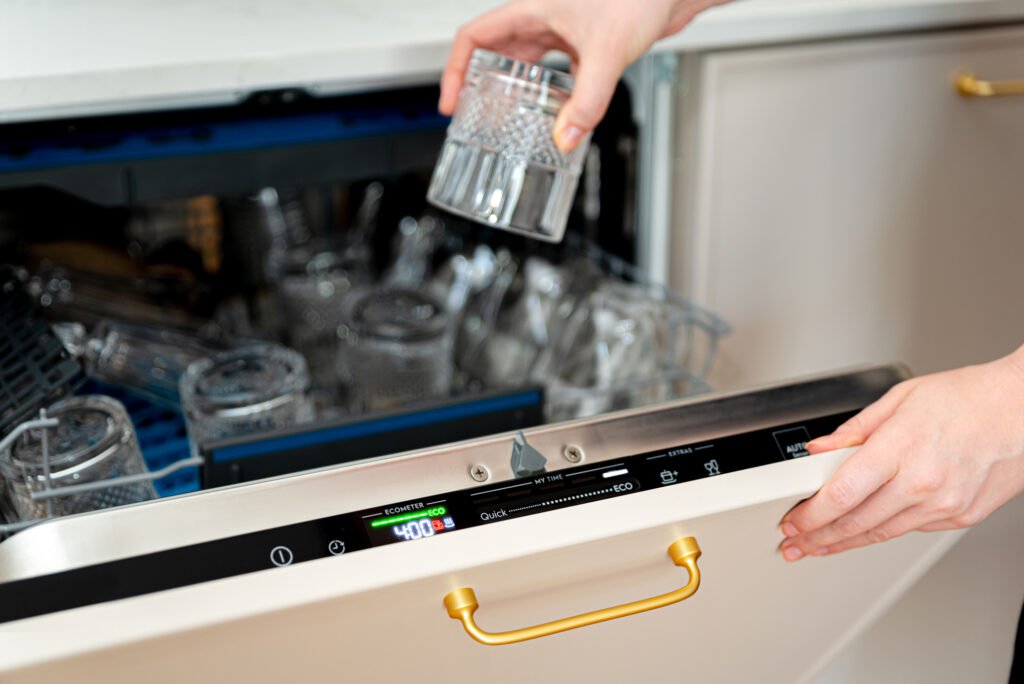
Overview:
Dishwashers have become a staple in many kitchens, providing convenience and improved hygiene. Energy-efficient dishwashers can further enhance their value by reducing water and electricity consumption.
Energy Efficiency Features:
- Soil Sensors: These sensors detect the dirtiness of the dishes and adjust the water usage and cycle duration accordingly.
- Efficient Water Heating: Models with efficient water heating mechanisms reduce the energy required to heat water for washing.
- Low Water Consumption: Energy Star-rated dishwashers use significantly less water per cycle compared to older models.
- Smart Features: Wi-Fi connectivity and mobile apps allow users to optimize energy use by scheduling wash cycles during off-peak hours.
Top Models:
- Bosch 800 Series: Renowned for its quiet operation and superior energy efficiency.
- Miele G7000: Features auto-dosing and smart connectivity for optimized performance.
- Samsung DW80R9950US: Combines high efficiency with advanced cleaning technologies.
Consumer Benefits:
- Cost Savings: Energy-efficient dishwashers can save homeowners around $35 per year on electricity bills and 3,870 gallons of water over their lifetime.
- Environmental Impact: Reduced water and energy usage lowers the household’s overall carbon footprint.
- Convenience: Advanced models with smart features provide greater flexibility and control over energy usage.
4. Energy-Efficient Air Conditioners

Overview:
Air conditioners are significant energy consumers, especially in regions with extreme temperatures. Choosing an energy-efficient air conditioner can lead to substantial savings and environmental benefits.
Energy Efficiency Features:
- Inverter Technology: Inverter air conditioners adjust their compressor speed based on cooling demand, leading to more consistent temperatures and lower energy consumption.
- Dual Inverters: These use two rotary compressors, enhancing efficiency and reducing energy use by up to 40% compared to traditional models.
- Smart Thermostats: Integrated smart thermostats allow users to control and optimize their air conditioning systems remotely, improving efficiency.
- SEER Rating: Higher Seasonal Energy Efficiency Ratio (SEER) ratings indicate better energy efficiency. Models with SEER ratings above 15 are considered highly efficient.
Top Models:
- Daikin DX18TC: Offers superior energy efficiency with a high SEER rating.
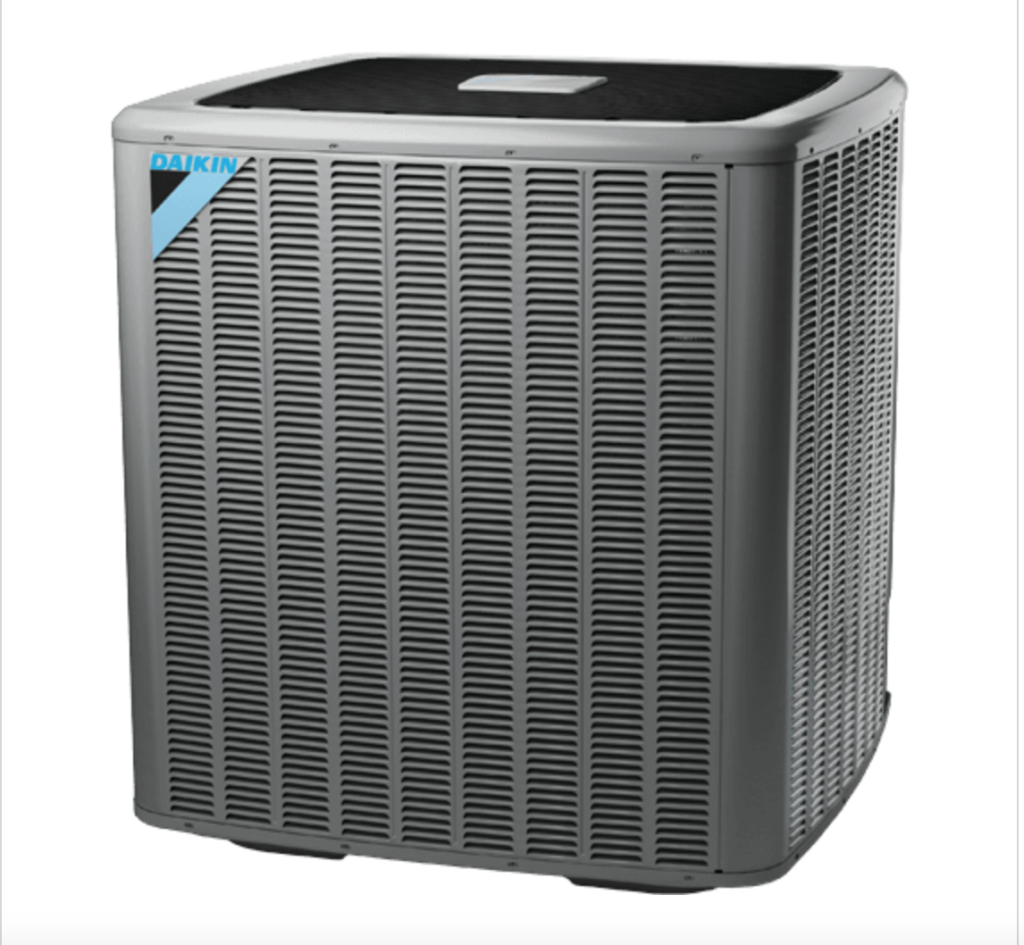
- LG Dual Inverter: Known for its quiet operation and exceptional energy savings.
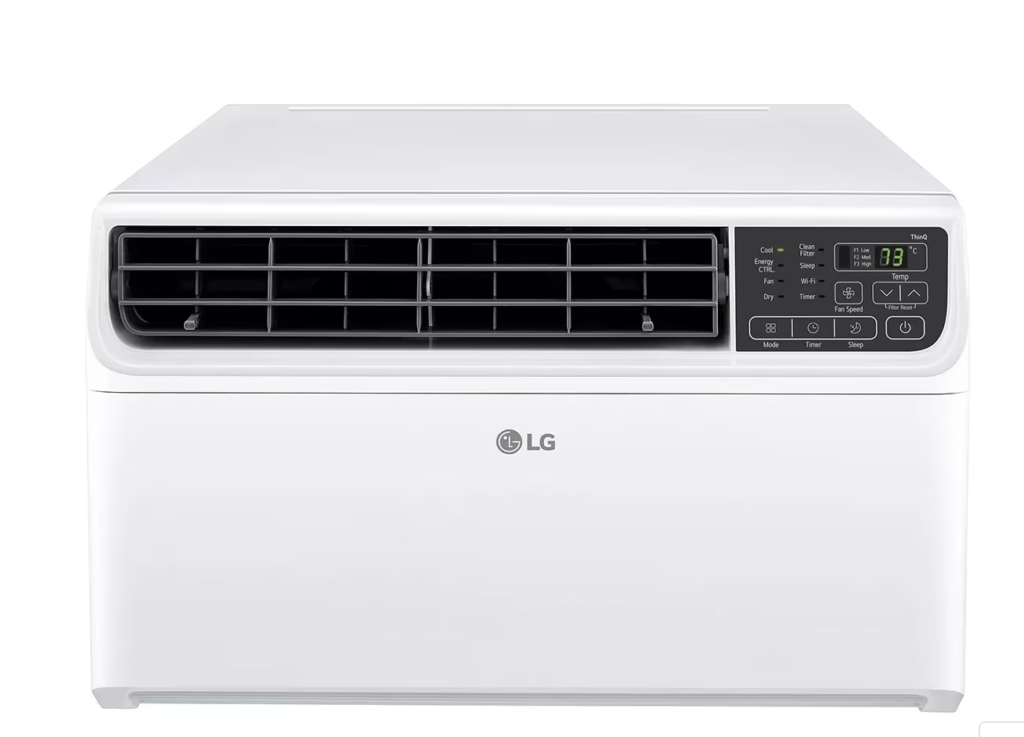
- Carrier Infinity 21: Features advanced humidity control and high energy efficiency.
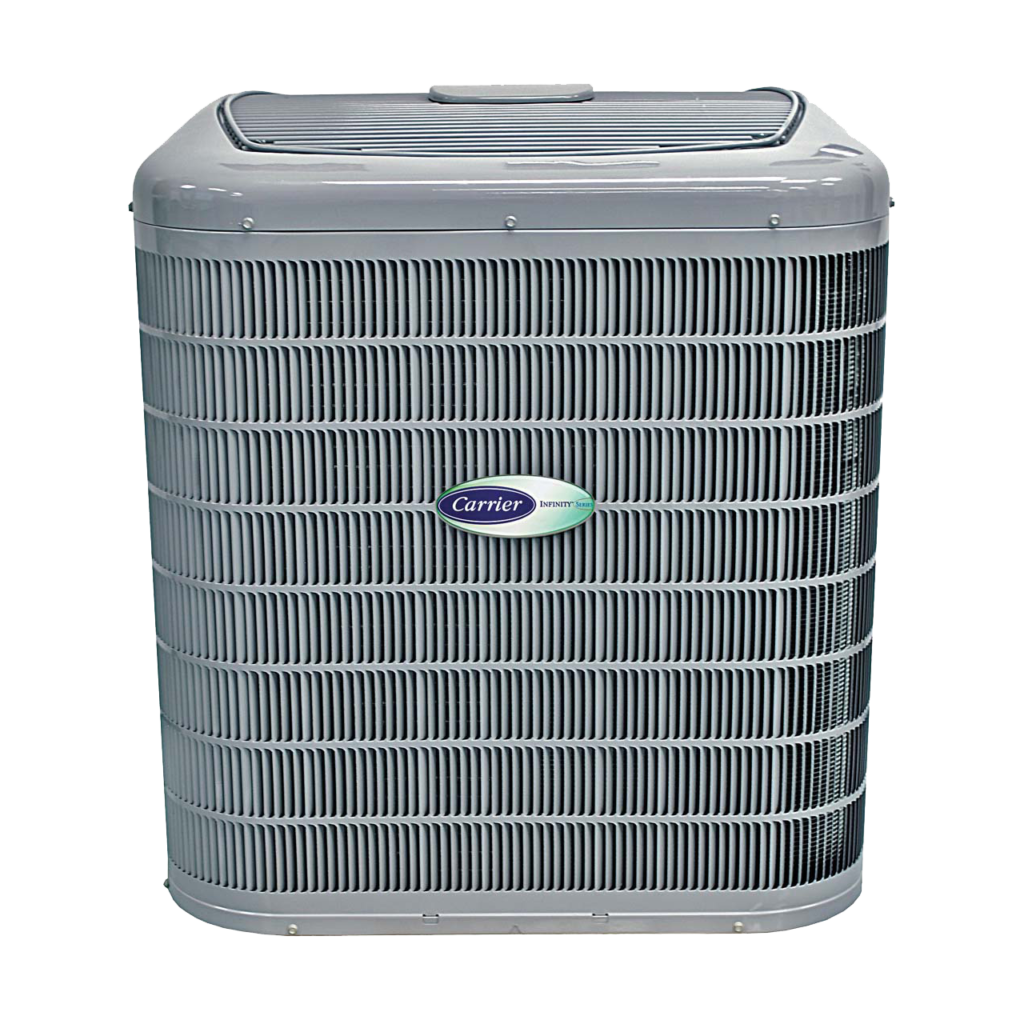
Consumer Benefits:
- Lower Energy Bills: High-efficiency air conditioners can cut energy costs by up to 30%.
- Enhanced Comfort: These models maintain more consistent indoor temperatures and humidity levels.
- Environmental Benefits: Reduced energy consumption helps decrease greenhouse gas emissions and reliance on fossil fuels.
5. Energy-Efficient Water Heaters
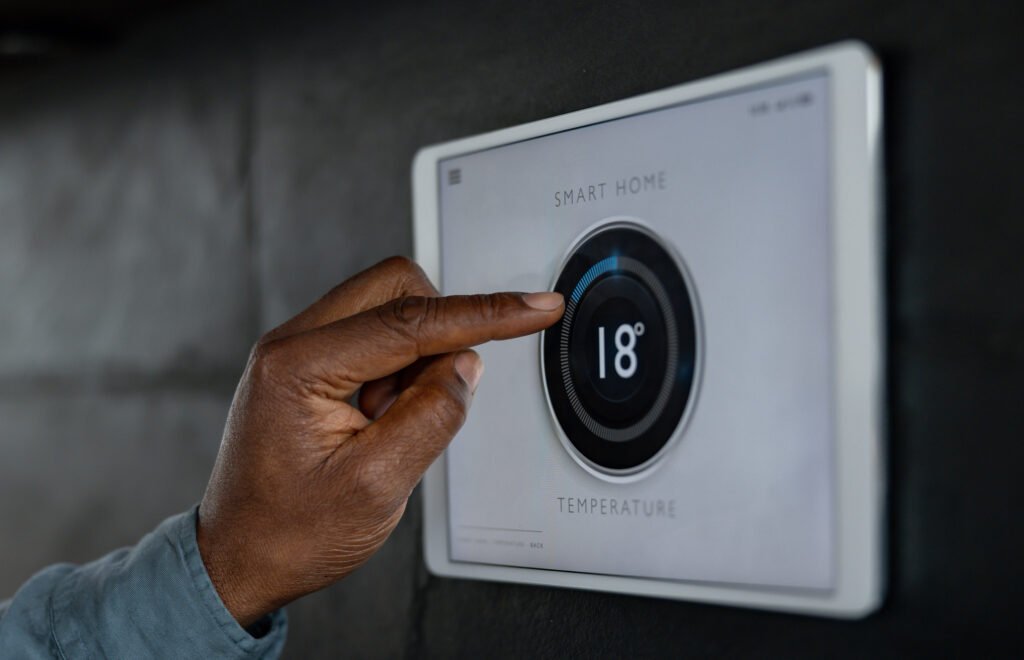
Overview:
Water heaters are among the largest energy consumers in households. Energy-efficient water heaters can provide substantial cost savings and environmental benefits.
Energy Efficiency Features:
- Tankless Water Heaters: These heaters provide hot water on demand, eliminating the energy losses associated with maintaining a tank of hot water.
- Heat Pump Water Heaters: These use electricity to move heat from one place to another instead of generating heat directly, making them highly efficient.
- Solar Water Heaters: These utilize solar panels to heat water, significantly reducing electricity usage.
- Insulation: Better insulation in modern water heaters reduces standby heat loss.
Top Models:
- Rheem Performance Platinum: Known for its high efficiency and reliability.
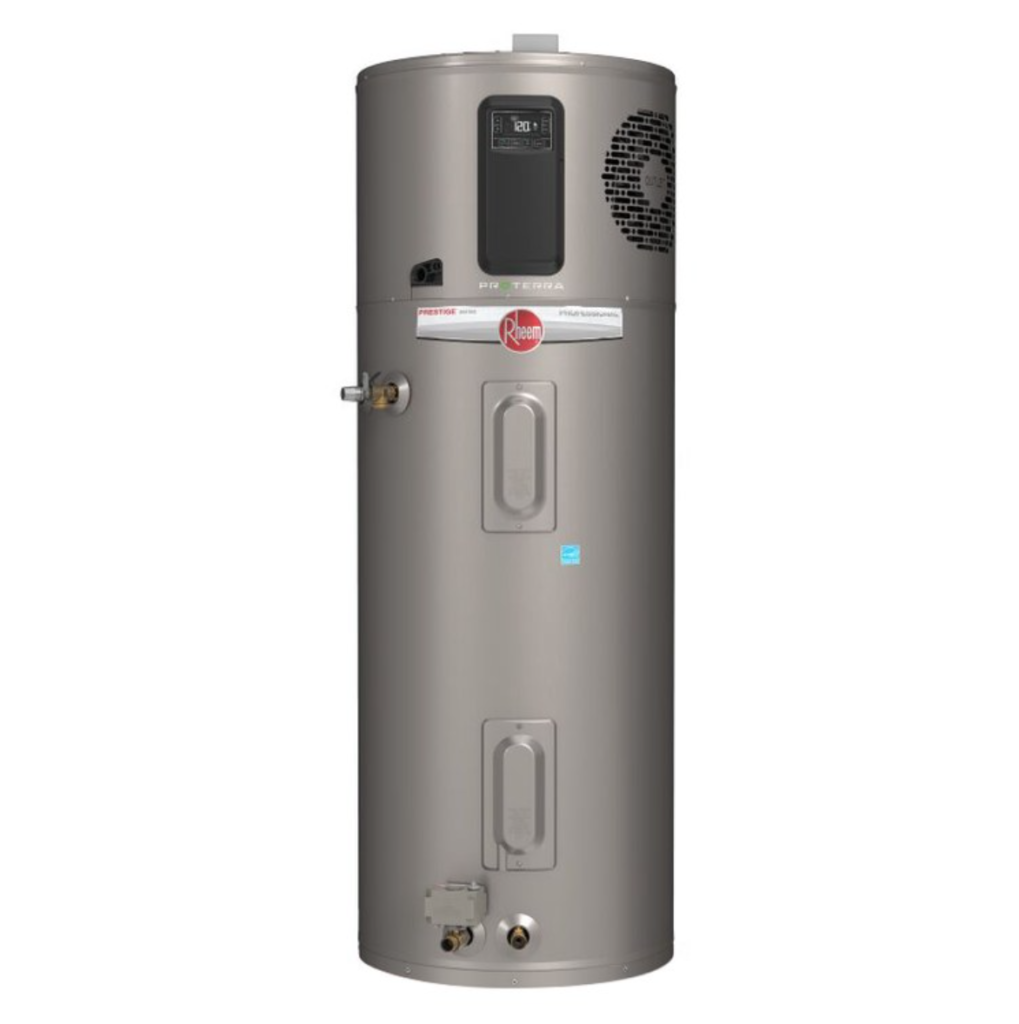
- EcoSmart ECO 27: A popular tankless model that saves space and energy.
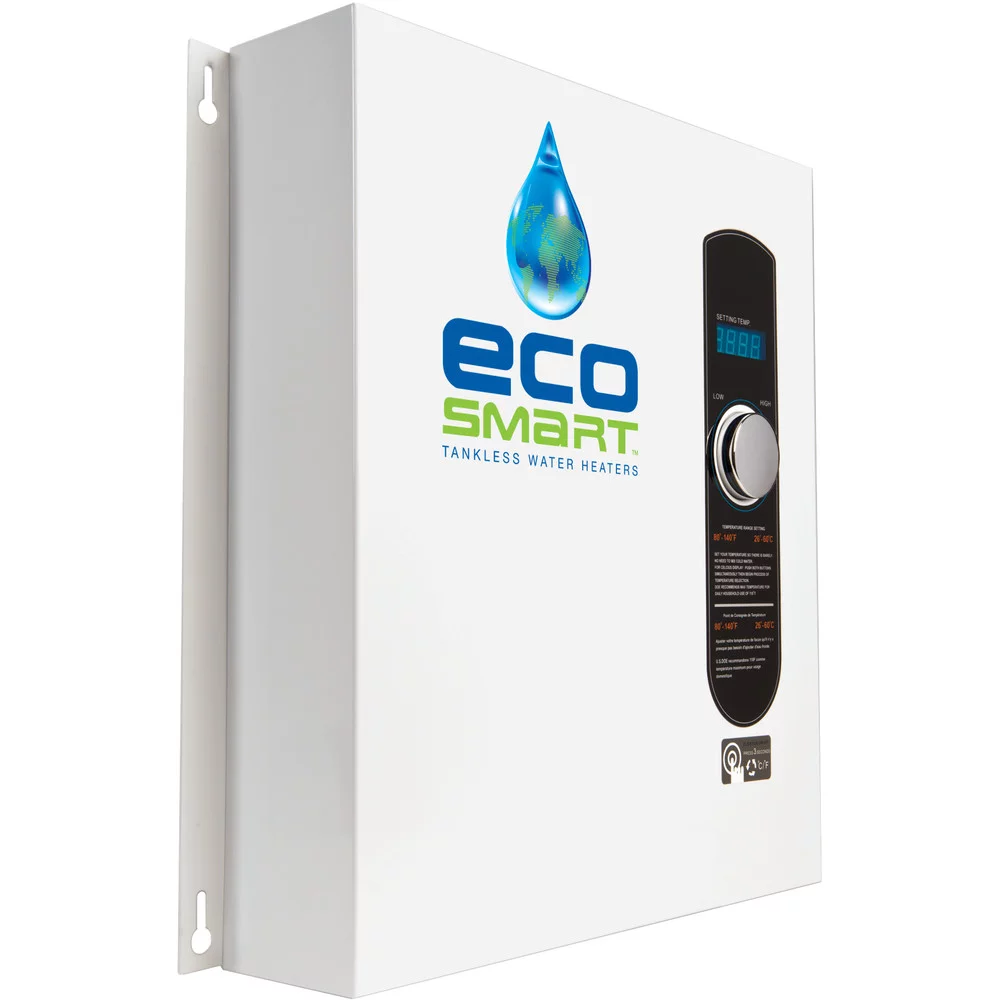
- A.O. Smith Voltex Hybrid: Combines a heat pump and traditional elements for maximum efficiency.
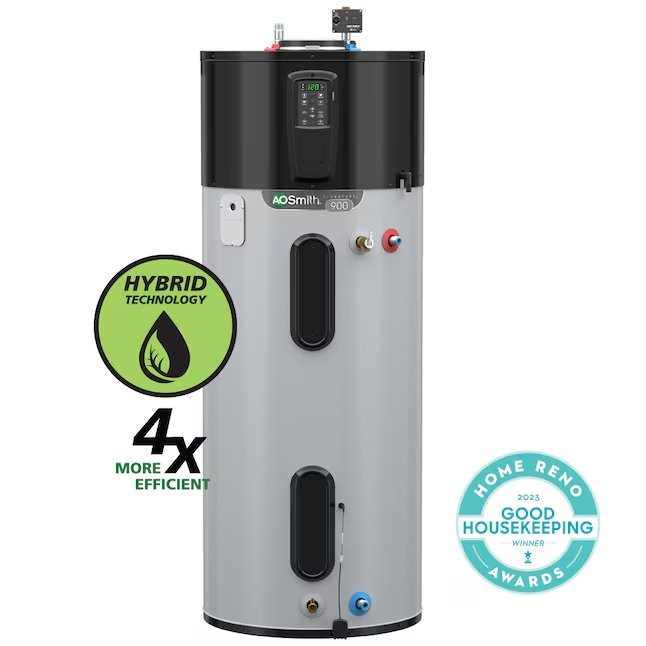
Consumer Benefits:
- Energy Savings: Energy-efficient water heaters can reduce energy consumption by up to 50% compared to conventional models.
- Lower Operating Costs: While initial costs might be higher, the long-term savings on energy bills make these models cost-effective.
- Sustainability: Reduced energy use translates to lower carbon emissions, contributing to environmental conservation.
In conclusion, investing in energy-efficient appliances not only leads to significant cost savings but also plays a crucial role in reducing environmental impact. Modern technologies and innovative features in these appliances ensure that consumers do not have to compromise on performance while achieving greater energy efficiency.
